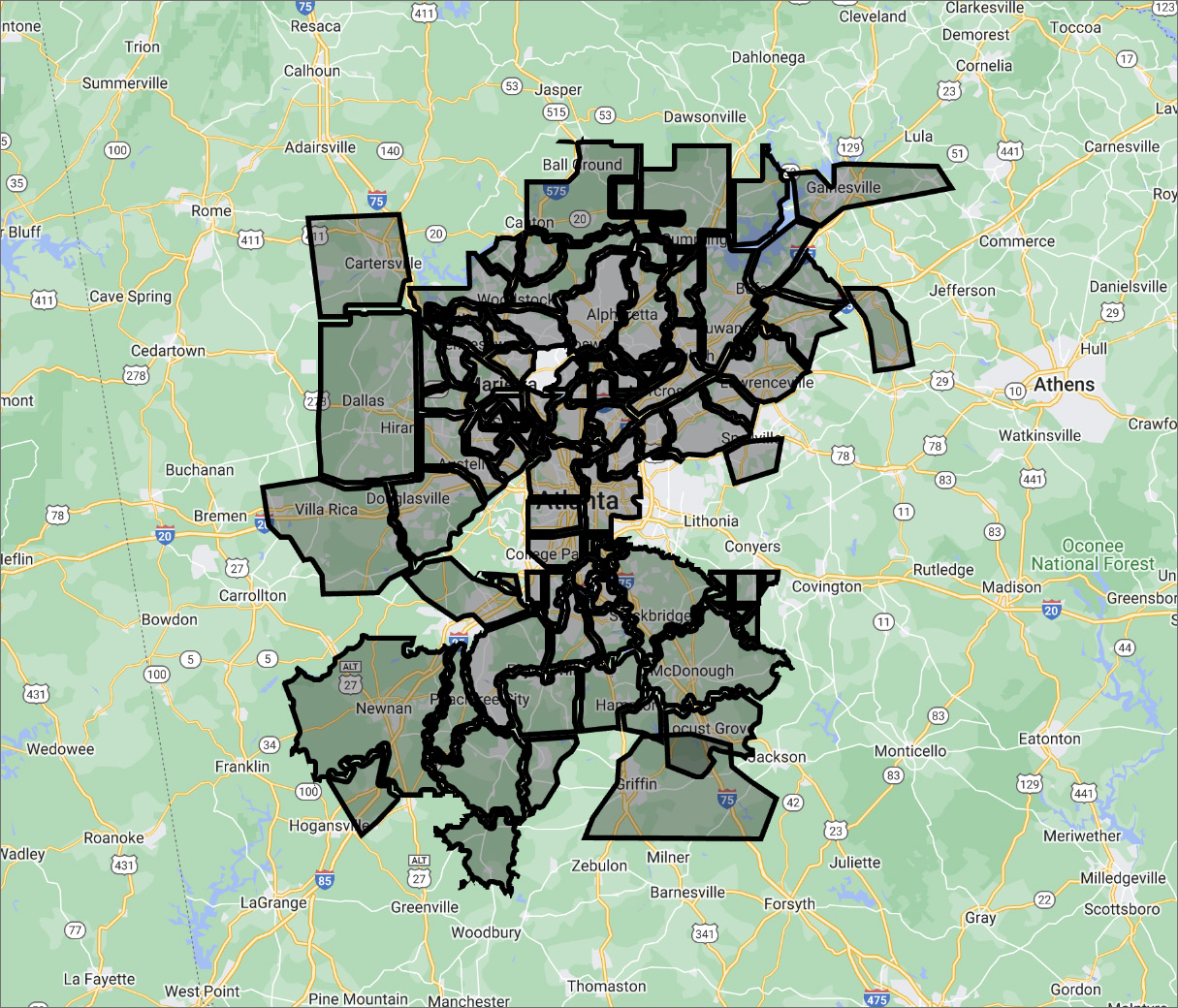You love your pet more than anything in this world. We get it! It is that warm feeling you get every time you get home and share great moments with your tail-wagging companion. However, sometimes not everything is perfect in your dog’s life. Unfortunately, many dogs and puppies suffer from illnesses that affect their overall health, such as canine diabetes.
Our Atlanta pet sitters understand how serious and real this condition is. We also know how much care, nurture, and dedication is needed to make sure your dog’s health remains in check. We can take care of your dog’s needs when for any reason you are not able to. Whether you only need us to drop in for a single dog sitting or dog walking session, or you need to schedule a long-term at-home pet care plan, call Critter Sitters to learn more about our Atlanta pet sitting services at 404-793-6178.
Understanding Diabetes in Dogs
Diabetes in dogs is caused by the lack of insulin in your dog’s body, or due to a slow or low response to insulin. When your dog is unable to produce or respond to insulin, diabetes may develop. Like in humans, diabetes is a disease that requires not only immediate medical attention but also continuous treatment. Failing to treat this illness can pose a serious threat to your dog’s health.
While the exact cause of this illness is unknown, many dogs may be at elevated risk of developing this debilitating disease. It is always wise to consult your veterinarian to run some blood work in order to determine whether your pooch suffers from, or is at high risk for, diabetes or related conditions.
What Are the Symptoms of Diabetes in Dogs?
Some canine diabetes symptoms and warning signs may include the following:
- Weight Changes – If your dog is noticeably changing weight despite having normal eating habits, it could be an indicator that your dog may be having early diabetes symptoms.
- Polyphagia – This is another symptom associated with dog diabetes. Keep an eye out for your dog’s behavior when it comes to eating. If your dog is constantly looking for food despite having his/her normal meal portions, take immediate note and consult with your veterinarian.
- Excessive Urination – The excess urination is accompanied by excess water consumption. Keep a close look at your dog’s water bowl to determine if he/she is drinking normally.
- Lethargy – Diabetes can make your dog feel tired and lethargic. If you see this type of behavior in your dog, it may be possible your dog is suffering from diabetes or another illness.
These are just a few of the common indicators and symptoms associated with dog diabetes. The most advanced signs of dog diabetes may include depression, vomiting, and cataracts, among others. You should always consult with a veterinarian for professional medical support if you suspect anything out of the ordinary, even if it is just a hunch.

What Should You Do if Your Dog Shows Symptoms of Diabetes?
If you have detected some of the aforementioned indicators in your dog, it is critical that you consult a veterinarian right away. Diabetes in dogs may be very serious and require immediate expert assistance. Schedule a vet appointment and make sure you disclose every change in your dog’s behavior. Your veterinarian may order testing (bloodwork) to determine:
- Whether or not your dog has diabetes.
- The best course of immediate action.
- The necessary ongoing treatment.
Treatments for Diabetic Dogs
Diabetic canines require more care and nurture than other dogs due to their condition. Failing to properly take care of your dog may result in serious consequences, including premature death. Therefore, taking care of your dog requires commitment, planning, dedication, and of course, all the love you can possibly express to him/her.
Some of the treatments that diabetic dogs may need include:
- Exercise – Exercising is key to keep your diabetic canine in good shape. A routine workout can help prevent sudden spikes or drops in your dog’s glucose levels. Make sure you properly walk and exercise your dog every day to keep that furry face happy and that wiggly tail wiggling.
- Special Diet – We get it, sometimes Fido gives us that look whenever we are eating our favorite snack and we are tempted to share. However, this cannot happen if your dog has diabetes. A veterinarian may design a special diet for your dog depending on his/her needs. This diet must be strictly followed at all times if you want to prevent further complications.
- Injections – The vast majority of diabetic canines will require daily insulin shots as part of their treatment.
Atlanta Pet Sitters for Dogs with Diabetes
Sometimes taking care of your dog can be difficult due to everyday life situations. This is especially difficult for people who have a diabetic canine at home. Whenever you need help taking care of your dog’s needs, our dog walkers and dog sitters are ready to provide expert assistance, even on short notice. If you wish to schedule a consultation with one of our dedicated and committed pet sitters in Atlanta, call Critters Sitters today at 404-793-6178. We offer a wide range of services to make sure your pooch gets the in-home pet care they need!



